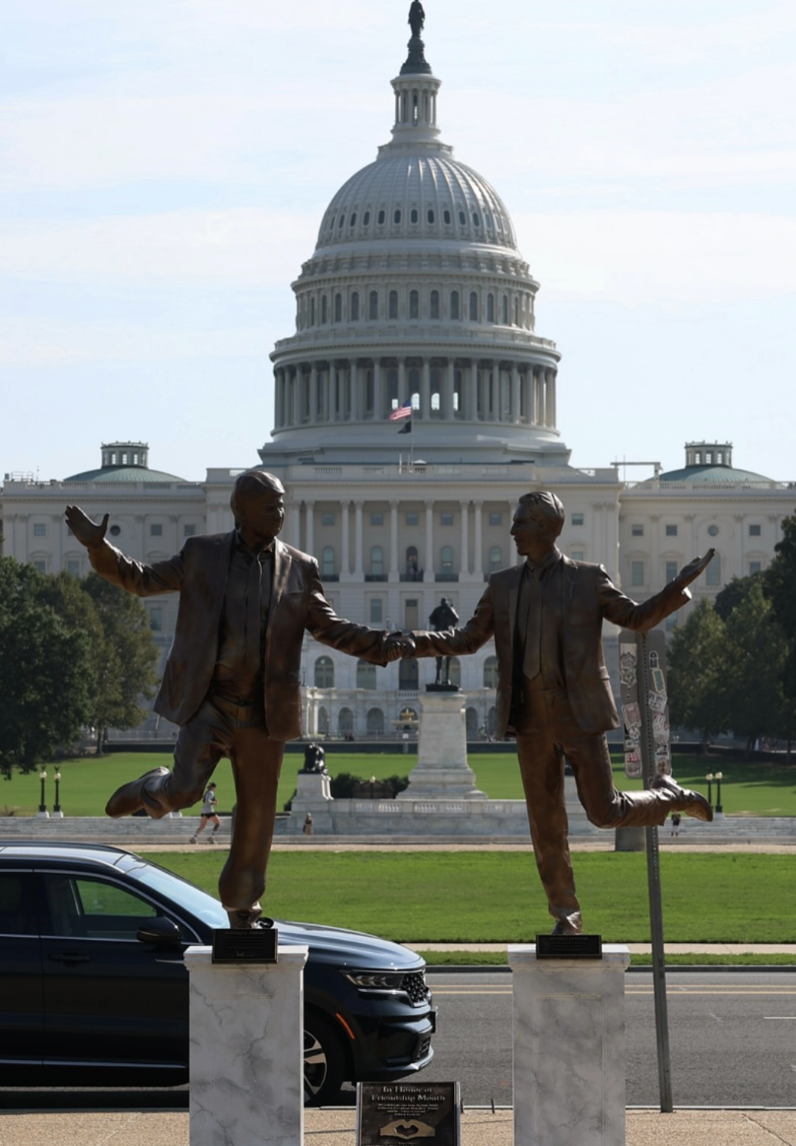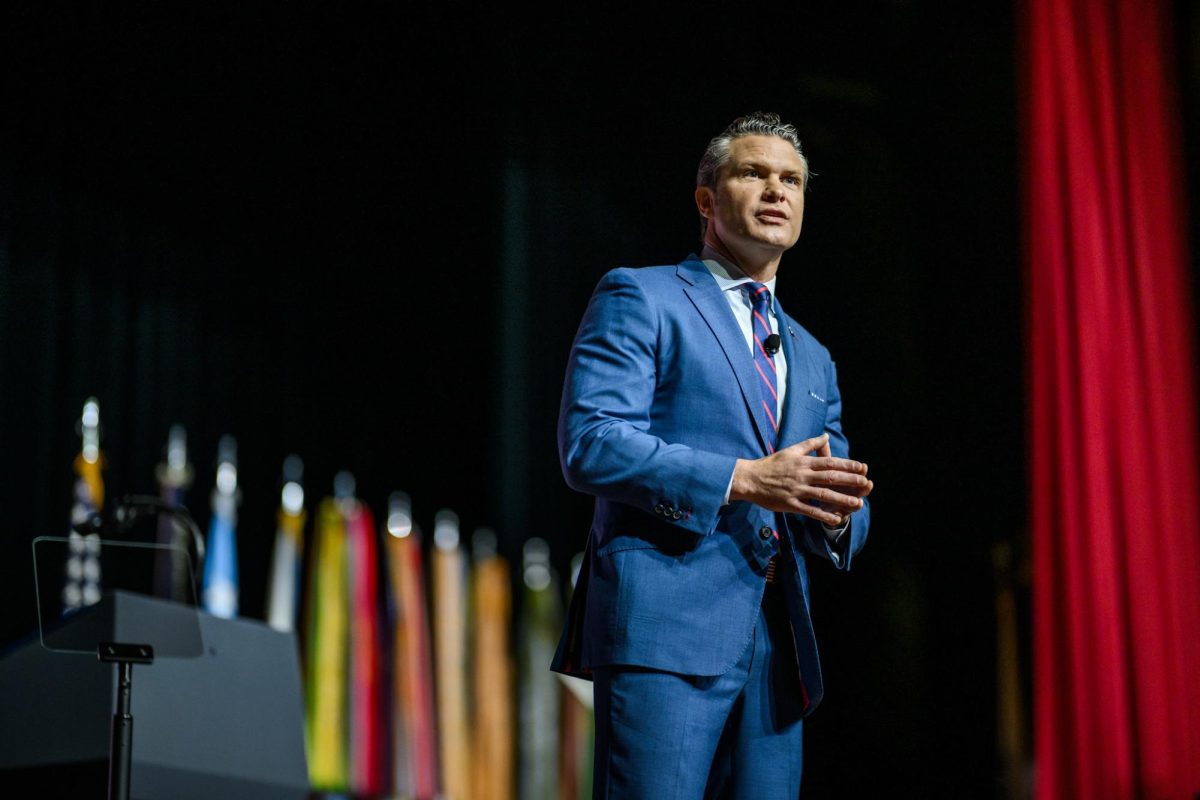Jackson Water Crisis – Assessing Negligence as a Reflection of Racial Discrimination
November 10, 2022
Having access to water is a basic human right, yet over the past months, families in Jackson, Mississippi lacked sustainable access to drinking water. Since 2016, Jackson has relayed over 750 notices for its residents to boil their water, out of which 40% of such notices came in the last two years.
Starting in late August of 2022, school systems shut down throughout Jackson. Businesses ceased operations for several weeks, and healthcare systems – the primary providers of standard and emergency care – struggled to carry out necessary protocols and procedures without direct access to clean water.
Following Tuesday, September 7th, federal lawsuit filed by the NAACP accused Mississippi State officials of transgressing civil rights law over the diversion of federal funds meant to improve water facilities from the state’s predominantly Black Capital, Jackson, to majority White communities. For decades, almost all residents of Jackson witnessed brackish, contaminated waters run from their taps as repeated aid requests were met with ignorance and ridicule.
Jackson, a city consisting of 80% Black citizens and a quarter living in poverty, depends heavily on federal funding. As a result of a shrinking tax base, Jackson’s aging water infrastructure fell from state supervision as water-related crises such as lead contamination perpetuated throughout communities of color in Flint, Michigan, and Newark, New Jersey.
“The infrastructure to get water to people […] was done in the 1920’s and 30’s with lead pipes, so the water’s tainted and the pipes are failing,” said Dr. Mike Hall, a mathematics teacher native to Central Mississippi. “But instead of the state being part of the solution, the state has pulled money out of the city [Jackson].” “They disenfranchise people on purpose. They create inequitable schools, inequitable roads, food deserts, and [remove] opportunities for business,” Hall stated.

Mississippi, like many Southern states, contributes far greater to the federal repositories than they take. Yet states that receive the most federal subsidy often engage in greater opposition against the federal government. In Jackson’s case, the consciousness of its mayor – a Muslim Black man – falls at the hands of Mississippi’s state leaders despite him reflecting the interests of a historically marginalized community.
“The state [Mississippi] has been conservative for 40 years,” said Hall. “Landlords threaten tenants with eviction or higher rent if an election goes a certain way [against conservative measures]. This suppresses people from voting [as] the conservatives blame the democratic mayors of Jackson [while] state infrastructure ignores Jackson for many years,” Hall explained.
“You’re conscious to hold people accountable for this criminality, but you can’t pass out water to those people that have to be in the line for eight hours anymore,” said Jamal English, English teacher. The city of Jackson can be predominantly African American, yet it is tethered to the Mississippi state government – who disregards Jackson’s constituency and dictates the application of resources – provided by the federal government that is subject to the hatred from Mississippi state officials.
In turn, resource allocations upheld by systematic racism creates greater difficulties for communities of color to build generational wealth as prospective, infrastructural developments are deferred. Negligence captures a form of environmental redlining, using claims of infiltration to amplify physical obstacles while perpetuating microaggressions that individuals of color navigate in the lines of the water and voting booth.






































